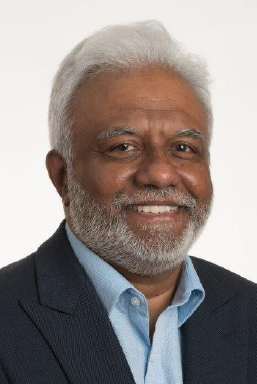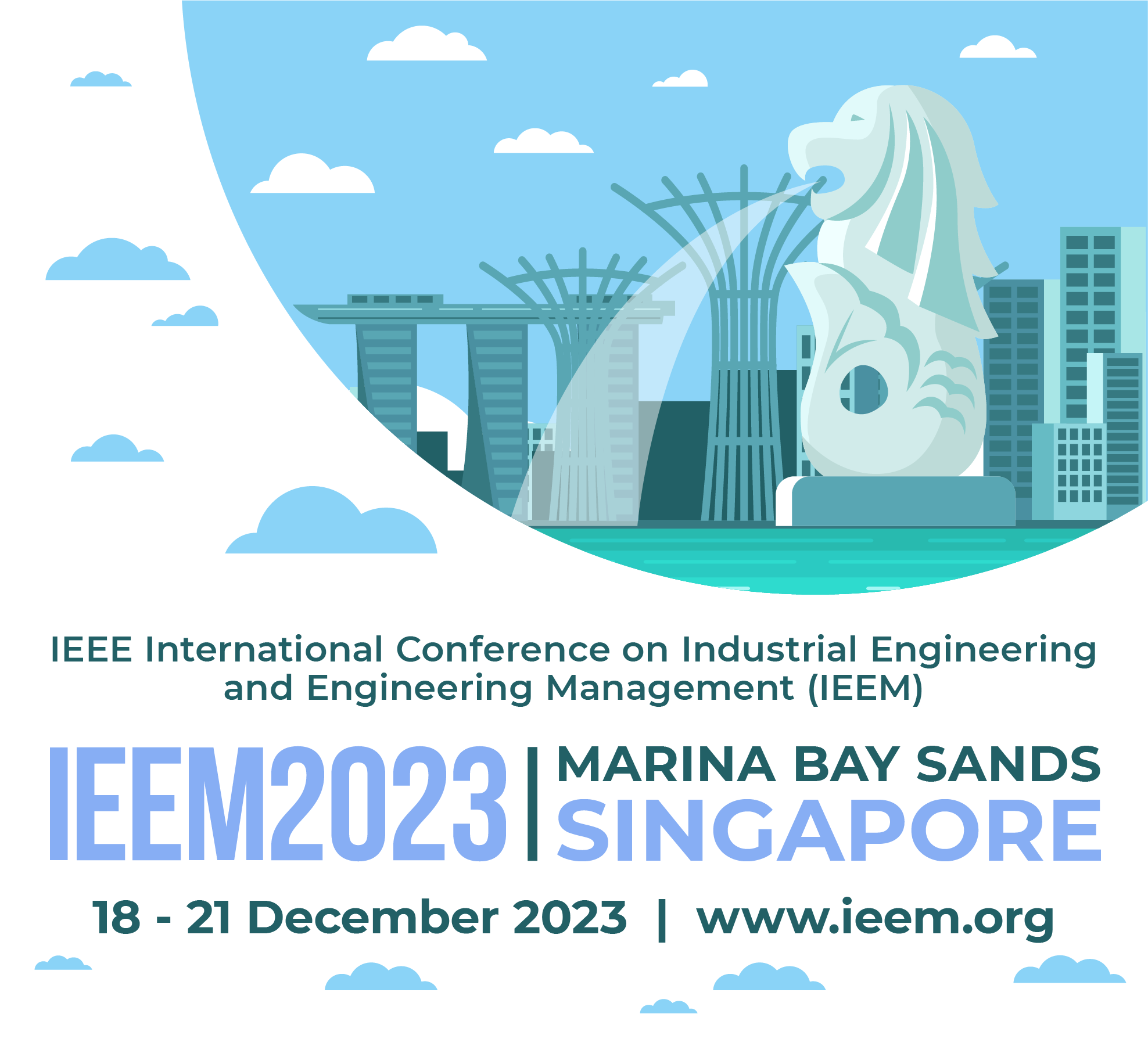

Saman HALGAMUGE
Fellow of IEEE and IET:
Professor, School of Electrical Mechanical and Infrastructure Engineering, The University of Melbourne
Biography
Prof Saman Halgamuge, Fellow of IEEE and IET, received the B.Sc. Engineering degree in Electronics and Telecommunication from the University of Moratuwa, Sri Lanka, and the Dipl.-Ing and Ph.D. degrees in data engineering from the Technical University of Darmstadt, Germany. He is currently a Professor of the Department of Mechanical Engineering of the School of Electrical Mechanical and Infrastructure Engineering, The University of Melbourne. He is listed as a top 2% most cited researcher for AI and Image Processing in the Stanford database. He was a distinguished Lecturer of IEEE Computational Intelligence Society (2018-21). He supervised 50 PhD students and 16 postdocs in Australia to completion. His research is funded by Australian Research Council, National Health and Medical Research Council, US DoD Biomedical Research program and International industry. His previous leadership roles include Head, School of Engineering at Australian National University and Associate Dean of the Engineering and IT Faculty of University of Melbourne.
Machine Vision and 21st Century AI – Our Responsibilities for The Planet
Abstract: In this talk, I traverse unmarked territories of machine vision coupled with the conscientious use of 21st century AI keeping our responsibilities for the planet in mind. Imagine a world where every machine has the ability to see, process information, and communicate with other machines and humans. How do we shape this future world of co-existing machines and humans with socially responsible AI? I will discuss two directions of AI our research group is focusing on, which can enable machines to learn and reason fast and also to be transparent about the internal intelligence of AI systems opening up the opportunity for authorities to regulate AI when required.
You may wonder, how well can this vision of AI fit in a world already struggling to curb climate change, socio-economic inequality, and geo-political turmoil? Can Machine vision and 21st century AI help to restore the balance and cure the planet while supporting the thriving discipline of industrial engineering and engineering management? I will articulate my thoughts in answering those questions.
